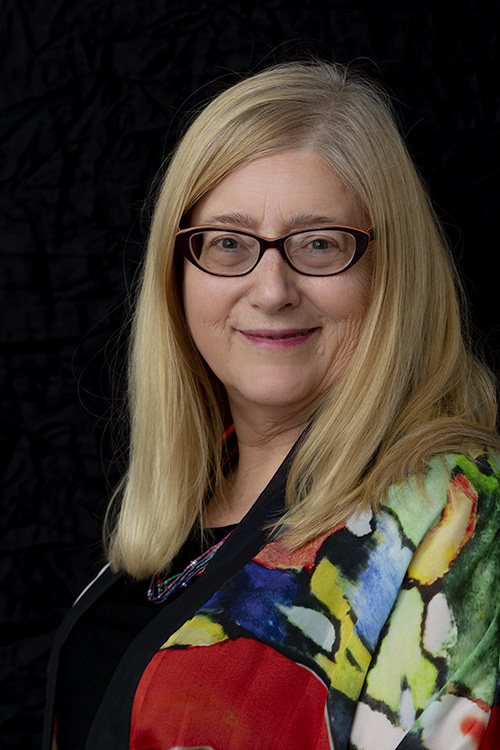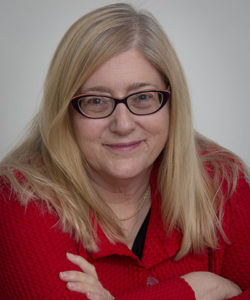The Legs are The Last to Go
One day last summer I was walking into the grocery store in shorts when a young man ahead of me looked over his shoulder and gave me the once-over. He started at my feet and looked interested, then quizzical, then somewhat abashed as his gaze travelled from conventionally attractive legs to round middle to my almost-seventy-year-old face. At that point he turned and scurried through the door.
I remembered that oddly amusing incident this week after reading a woman’s guilty post. She asked how she could consider herself anti-ageist when she loves being told she looks young for her age. Bingo. I want to have it both ways too: I want to be revered for my wisdom yet seen as attractive (which in our culture, so far, means young).
The actor Jamie Lee Curtis is a reformed plastic surgery client who tells her daughters, “Don’t mess with your face.” Going under the knife must be such a temptation in Hollywood, where a woman’s last fuckable day is her fortieth birthday. It must be tough to live in a company town where one’s entire standing is based on superficialities (Not that the rest of the country is all that deep).
But you never hear about a woman having plastic surgery on her legs, do you? And why is that? Because the legs are the last to go, that’s why (“Go where?” You might ask. “Doesn’t “the last to go” mean “the last to change with age?” Isn’t that ageist?” Yes—duly noted). We should start a new fashion trend: short dresses for seventy-year-olds. Let’s show our pretty knees, ladies. And while we’re at it, let’s dye our hair any color we want, just like women half our age do all the time. If you like gray, then go gray. If you like purple, go purple. If you like blond, go blond. Who’s going to stop you? Ask yourself what makes you feel sexy and alive, and then go do those things.
And some of us who want to be anti-ageist do take guilty pleasure in being told we look young for our age. When someone compliments us with that you-look-younger nonsense, perhaps it’s best to say: “I’m glad you think I’m attractive.” Not “still attractive,” just attractive. Or say, “I’m glad you see beauty in me.” Because we have to unlink youth from beauty. And we have to unlink beauty from worth.
Photographer Jocelyn Lee photographed naked older women for 35 years to create her 2020 monograph, Sovereign. She writes eloquently about why she developed this project:
“The unclothed body is our primary vessel, sensual home, and gateway to the rest of the world. As women age into their fifties, they become not only invisible, but experience a denial of their bodies as a locus of sensual pleasure. The idea of an older woman feeling sexy, happy, and comfortable in her naked body is often met with disgust and discomfort.”
And yet that is how we are, or can be: sexy, happy and comfortable in our naked bodies. The defining scene in Good Luck to You, Leo Grande, is the moment when Emma Thompson gazes at her naked self in the mirror, standing in that Eve-in-the-Garden stance, one leg slightly bent. She is transformed by pleasure, looking on her body with gratitude and joy. She has come home to her body at last. There was a saying in our youth that “The Revolution will not be televised,” but in that moment, revolution came to the small screen. By inviting each of us to a moment with the mirror, Thompson called us to a different way to see our own bodies. Love begins with self-love, and the appreciation of our beauty begins with each of us.
What we are seeing now in books, movies, and television shows is the upswelling of a new culture. It is a culture that opposes gendered ageism, certainly. And it is also a pro-aging culture that embraces the beauty and wisdom of older women. As Jocelyn Lee wrote, “It’s time we revolutionize the image world and flood it with women in real bodies, feeling sensual and wonderful in their human skin.”
What begins with each of us will expand to all of us, and on to the culture at large. Someday, perhaps, each of us will look at one another with appreciation for our beauty, regardless of our age, gender, body type, race, or abilities. And someday we will see beyond beauty entirely, to the inherent worth in each of us.
My wish for that young man at the grocery store is that he will grow in wisdom and come to see each woman as another human soul on the same mortal journey.


